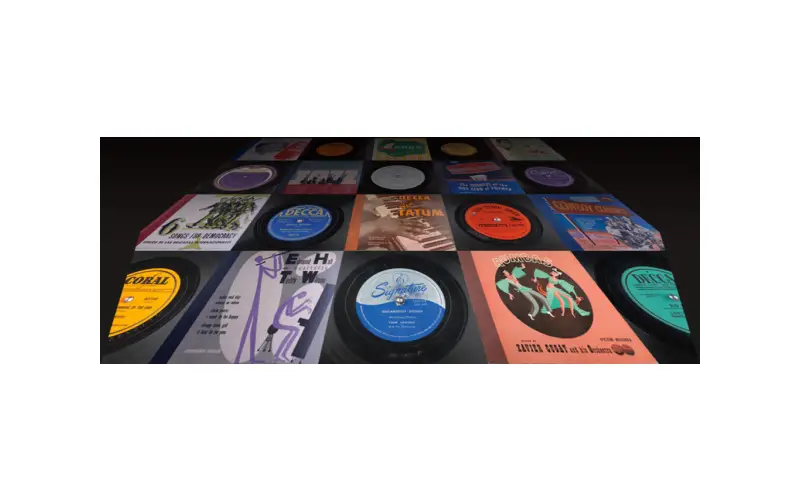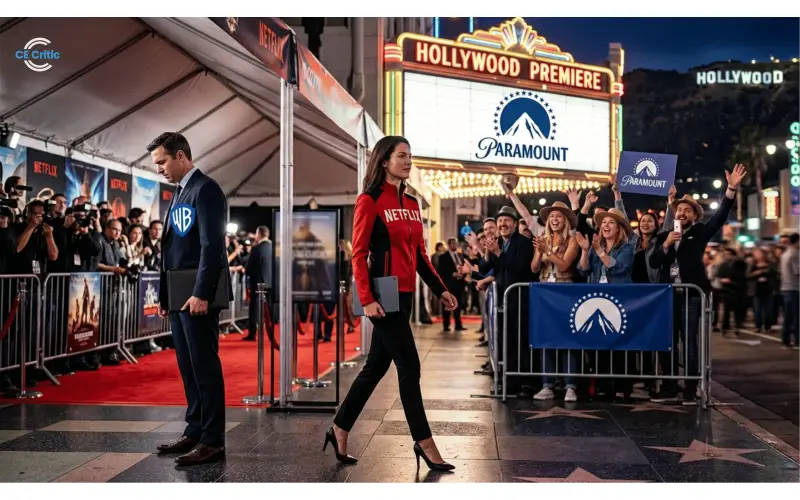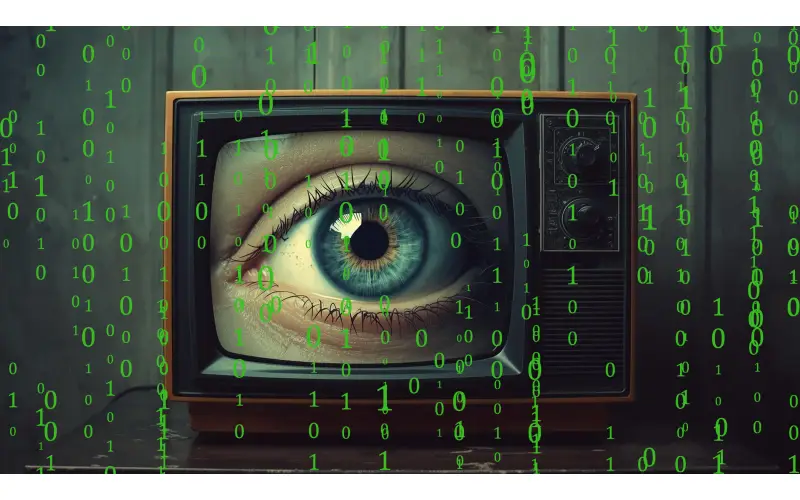In the latest twist of digital copyright tussles, the venerable Internet Archive is once again at the center of a legal storm. Heavyweights Sony Music Entertainment, Universal Music Group, and a cohort of prominent music labels have unleashed a lawsuit upon the non-profit entity, leveling accusations of copyright infringement. The focal point of their ire: the digitization, purportedly "willful uploading," distribution, and digital transmission of pre-1972 sound recordings. The battleground of contention is none other than the cherished Great 78 Project, an initiative with the noble aspiration of safeguarding the auditory treasures etched onto 78rpm discs.
Labeled by these industry giants as "brazen infringement," this clash of wills encompasses musical luminaries the likes of Frank Sinatra, Ella Fitzgerald, Billie Holiday, Miles Davis, and Louis Armstrong. Holding these legendary names as the vanguard, the music labels point to examples of hallowed tunes - think White Christmas, Sing, Sing, Sing, and The Christmas Song - residing within the embrace of the Great 78 Project.
Venturing further into the arena of debate, the corporate plaintiffs argue that the melodies currently enshrined on the project's digital realm are by no means endangered. They assert that these musical gems already tread well-trodden paths through various streaming platforms and music services, thus ostensibly nullifying any risk of their vanishing into oblivion. The Internet Archive, however, counters this perspective on its project portal, asserting the intrinsic "research value" embedded within the often scarce 78rpm artifacts and their sonic imprints.
Yet, this is where swords clash, words fly, and litigative narratives intertwine. The plaintiffs, unyielding in their stance, inscribe within their complaint that the Internet Archive's activities overreach the bounds of mere preservation and scholarly exploration. Their articulation finds resonance in the accusation that the organization, with apparent audacity, seeks to democratize musical access regardless of the intricate web of copyright law. This unabashed bid for universal sonic emancipation raises pertinent questions about the tension between artistic expression and the protection of intellectual property.
In their pursuit of justice, the labels have mounted a bold demand for statutory damages, eyeing figures that could ascend to a staggering $150,000 for each safeguarded sound recording. Cumulatively, this legal volley might culminate in a colossal $372 million charge for the constellation of noted recordings, as per Bloomberg's calculations.
As if this wasn't enough, the Internet Archive finds itself mired in yet another legal skirmish, this time in the realm of literature. A coalition of prominent US publishers led by Hachette Book Group has initiated legal proceedings against the Archive, stemming from the controversial National Emergency Library. During the pandemic's zenith, the organization extended digital renditions of scanned books through this platform, a move that the publishers, unflinchingly, have dubbed "deliberate mass copyright infringement." While a federal court ruling dealt a blow to the Archive's stand in this particular instance, the entity has signaled its intention to take the battle to a higher legal echelon through an impending appeal.
In a landscape where the digital realm and intellectual property rights are ceaselessly converging, the Internet Archive finds itself not only a vanguard in the digitization of our cultural heritage but also a trailblazer in the conundrum-laden landscape of copyright jurisprudence. As these legal narratives unfold, they cast a spotlight on the intricate dance between preservation, access, and the often contentious guardianship of artistic legacies in the ever-evolving technological age.





